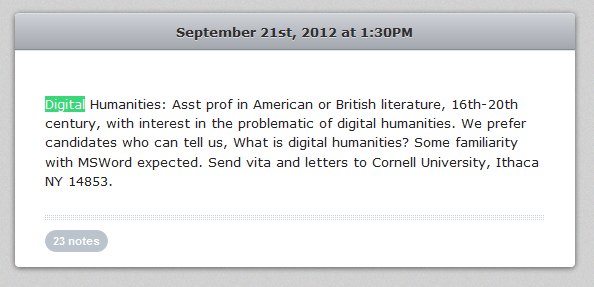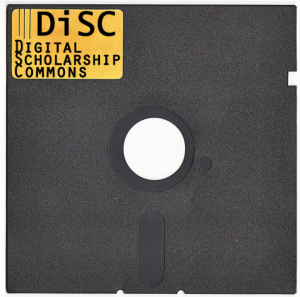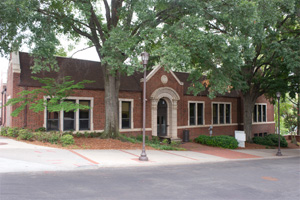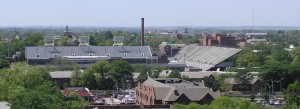Materialist theories in the area of Composition in the last 10-12 years have reveled that much of the way we talk about what happens in our classrooms controls how we act toward our students, how they respond, and what the public sphere thinks about the work we do in classrooms. Linda Adler-Kassner argues in her 2008 book, The Activist WPA, that the way we frame our discussions of writers and writing can have an effect on everything from our day-to-day teaching to the funding that comes from up on high.
I currently teach a New Media Literacy course tied to the required beginning composition courses at Georgia State University. I am constantly embroiled in discussion over how much students already know about new media, and how much they could learn and actually use it in a classroom. These discussions happen IN my classroom, as well as with colleagues, and even with the gentleman I end up riding next to on a plane when I visit my brother for the holidays.
My proposal fits within the talk and play areas of the conference. I propose we have a session to discuss how ‘native’ our young adult learners are when it comes to digital and new media literacy. What do they bring to the classroom, and what is it important that they take away? As we have this open discussion, the group will sit in a circle, with a small gap between the first person and the last. Any time a person in the discussion says something negative about their work, they move to the end of the circle. This way, as we have the discussion, we can also visually see (and stay kinetically interested) what kinds of values we deploy more often as we discuss. The simple rules for this game, of course are up for discussion within the group.







Recent Comments